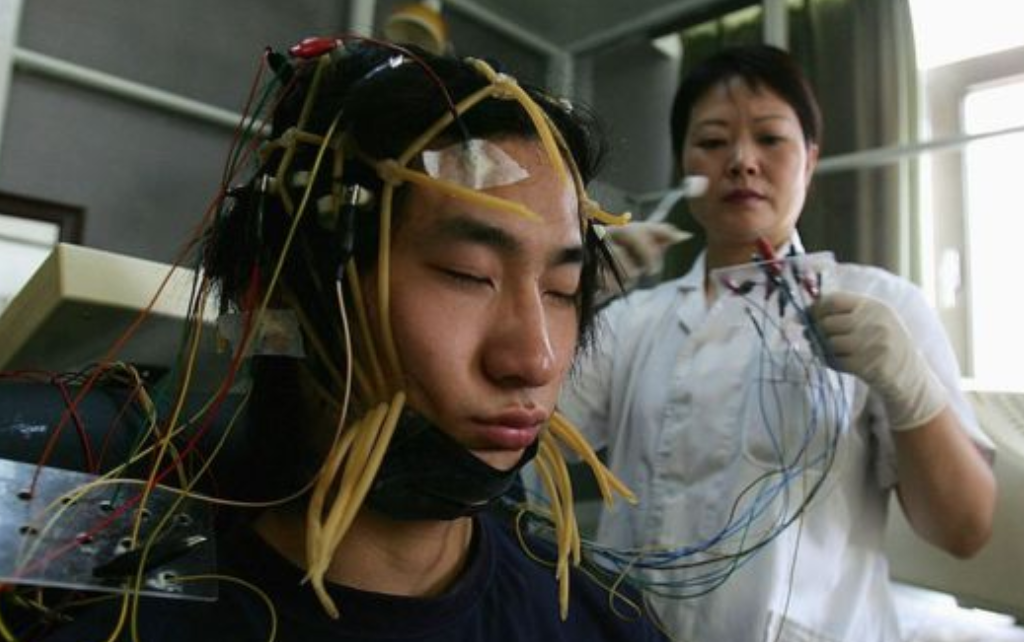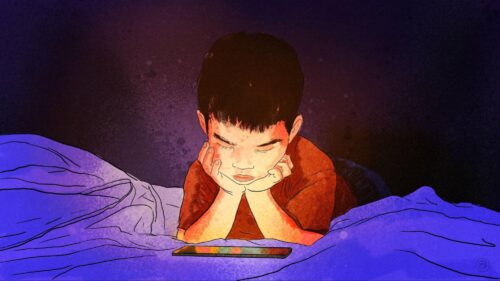WHO says gaming addiction is a disease: Will China’s dodgy internet detox clinics reap the benefit?
Gaming addiction is now officially classified as a mental health condition by the World Health Organization (WHO). This is good news for China’s many digital detox camps, which have called internet addiction a disease for years. Some of these camps rely on abusive treatments to “cure” their “patients.” The China Project is your premier source for China news


Gaming addiction is now officially classified as a mental health condition by the World Health Organization (WHO). This is good news for China’s many digital detox camps, which have called internet addiction a disease for years. Some of these camps rely on abusive treatments to “cure” their “patients.”
In the draft version of the 11th International Classification of Diseases (ICD) released by the WHO on Monday, “gaming disorder” — an addiction to playing video games — is, for the first time, formally recognized as a mental health issue by the agency. Along with gambling disorder, gaming disorder is classified under “disorders due to addictive behaviors” and characterized by behavior like “impaired control over gaming,” “increasing priority given to gaming,” and “continuation or escalation of gaming despite the occurrence of negative consequences.”
Many Chinese parents have long been convinced that excessive gaming is an actual disease. Seeing a lucrative opportunity in these parents’ fear and panic over video games, internet addiction “boot camps” began to proliferate in China a few years ago.
Usually without clinical qualifications, these camps reinforce the “gaming addiction is a mental disorder” argument and use controversial methods to correct the behavior of their “patients.” As exposed by a wide range of news publications, some of these facilities treat teens with electroshock therapy and other forms of physical punishment.
In 2017, news broke that an 18-year-old teenager died days after he was sent to an internet detox facility in Anhui Province. While the incident prompted the central government to draft a law to crack down on such abuses, similar institutions can still be found across China.
And now, with the WHO’s decision, there is a decent chance that these camps will be more appealing than ever to parents worrying about their children’s obsession with video games. “We need to make sure that gaming addiction is becoming a condition that will encourage people to pay more attention to mental health, rather than give these camps opportunities to flourish again,” the Beijing News warned in a commentary (in Chinese).






